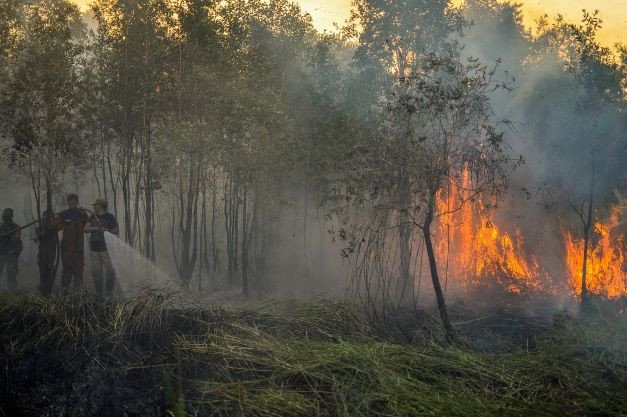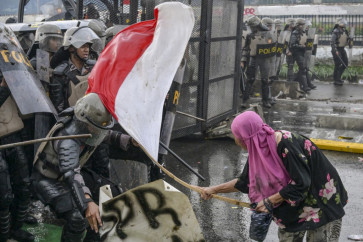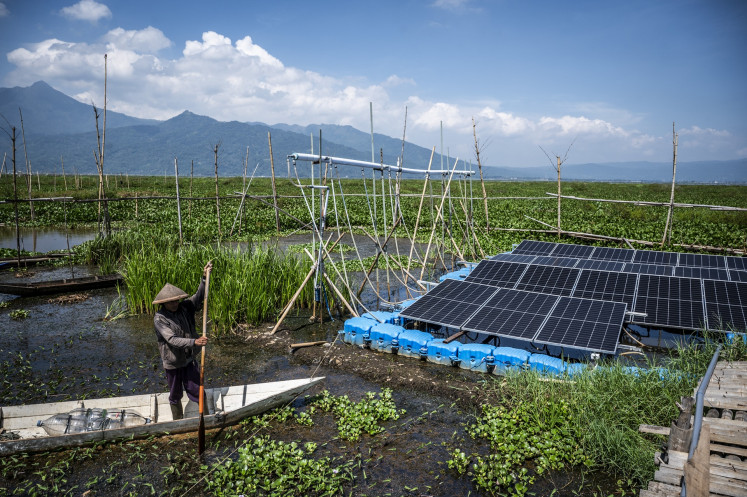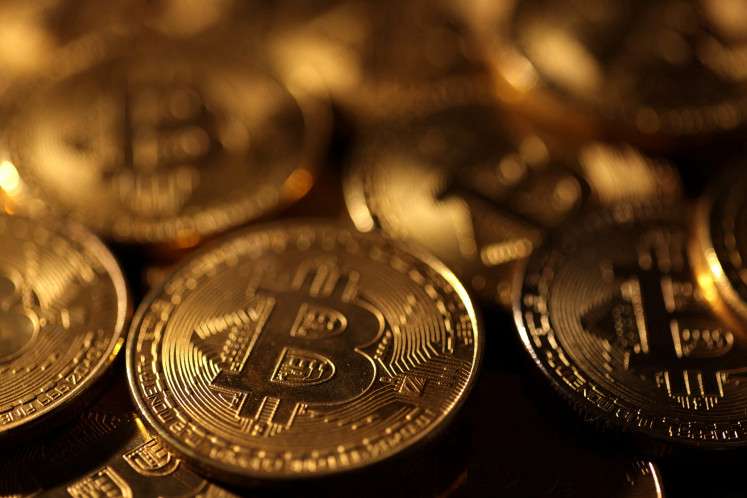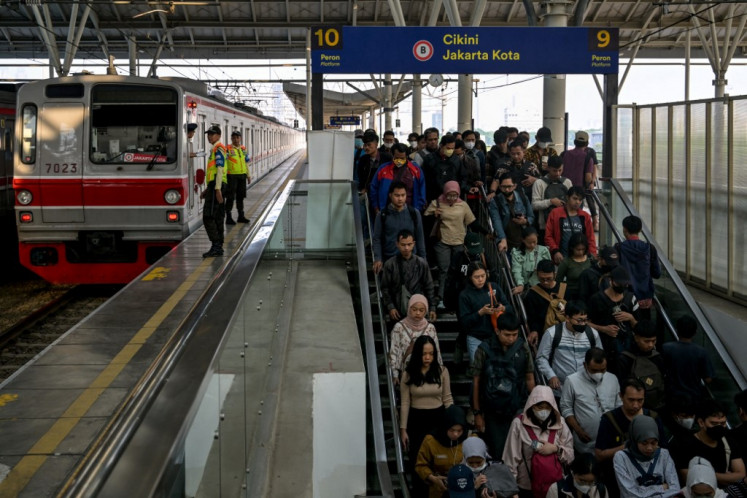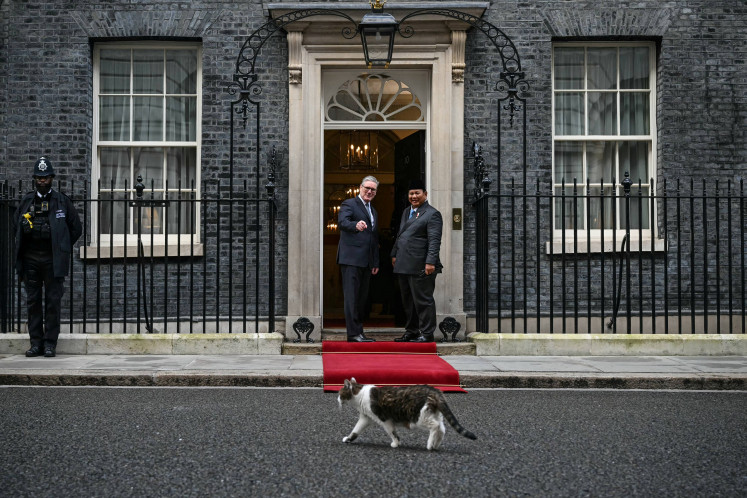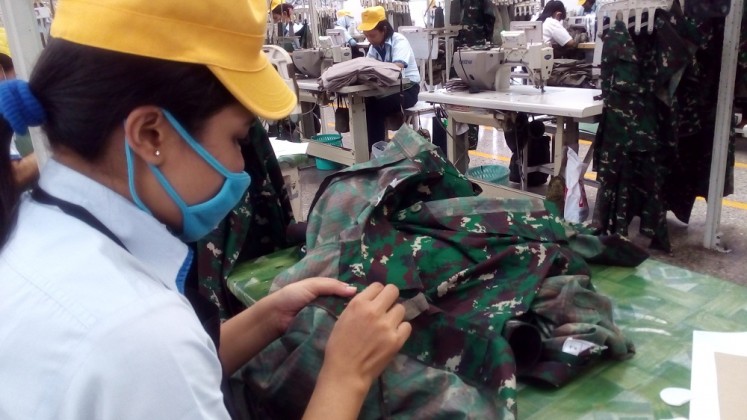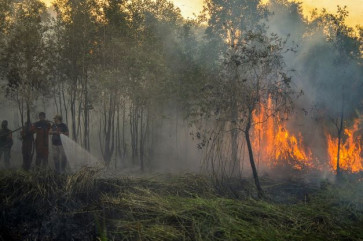Popular Reads
Top Results
Can't find what you're looking for?
View all search resultsPopular Reads
Top Results
Can't find what you're looking for?
View all search resultsChallenges for carbon trading implementation in 2023
Companies can now calculate the amount of carbon they can trade and its value using a number of internationally acknowledged carbon value indexes.
Change text size
Gift Premium Articles
to Anyone

Climate change has been the main topic in a number of forums, especially after the 27th United Nations Climate Change Conference (COP27) of the UN Framework Convention on Climate Change (UNFCCC) in Sharm El Sheikh, Egypt, and the Group of 20 Summit in November last year, when the topic of climate change mitigation was tabled.
One of the efforts to mitigate climate change, which is also a very promising business opportunity, is carbon trading. For Indonesia, the country with the third-biggest forest area in the world, carbon trading provides ample business opportunities.
Indonesia must immediately start the implementation of carbon trading, considering its economic potential for both the country and private business actors in the sector of forest restoration and carbon trading.
For such a purpose, the government has issued two main regulations regarding carbon trading, namely Presidential Regulation (Perpres) No. 98/2022 on the implementation of carbon economic value to achieve the Nationally Determined Contribution (NDC) target and control greenhouse gas emissions in national development, and its implementing rule Environment and Forestry Minister Regulation No. 21/2022 on the implementation of carbon economic value.
To Indonesia, the end of 2022 marks a new era of optimism for carbon trading, especially since Indonesia has also received funding from the World Bank’s Forest Carbon Partnership Facility in the amount of US$20.9 million from the total commitment of $110 million to reduce emissions from deforestation and forest degradation (REDD+) in East Kalimantan. As of now, Indonesia is the only East Pacific-Asian country to receive such funding.
From the perspective of economic analysis, the enactment of the 2022 ministerial regulation is a positive thing as it provides stimulus in carbon trading to both the private sector and the government, as well as mandatory and voluntary carbon trading. This is because the regulation provides answers regarding Indonesia's NDC portion.
Therefore, the parties who have obtained a Forest Possession Business License (PBPH) in restoration and utilization of carbon trading will be able to predict the volume of carbon traded in the voluntary market.

